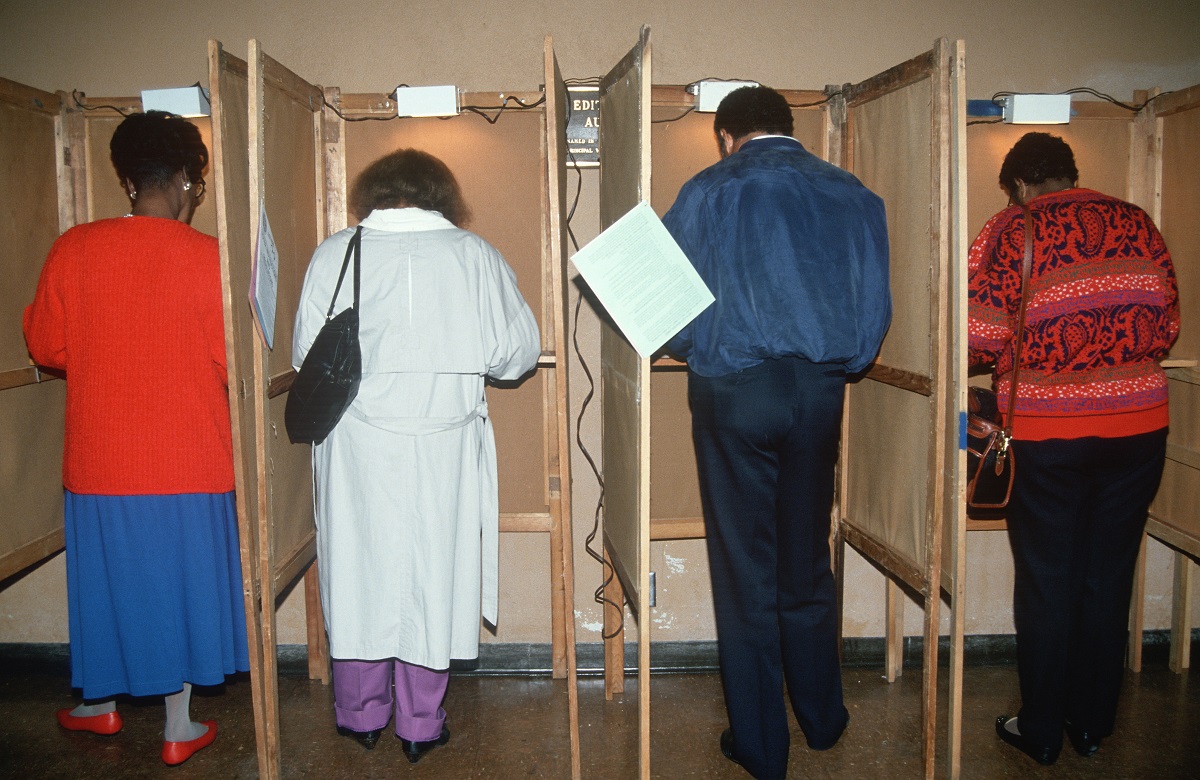Supporters of the law, like North Carolina Gov. Pat McCrory, have long maintained that requirements like these were necessary to prevent voter fraud. But time and time again, scholars and legal experts have found that the type of fraud these laws are meant to combat is largely nonexistent.
One of the most comprehensive studies on the subject found only 31 individual cases of voter impersonation out of more than 1 billion votes cast in the United States since the year 2000. Researchers have found that reports of voter fraud are roughly as common as reports of alien abduction.
The federal court in Richmond found that the primary purpose of North Carolina's wasn't to stop voter fraud, but rather to disenfranchise minority voters. The judges found that the provisions "target African Americans with almost surgical precision."
In particular, the court found that North Carolina lawmakers requested data on racial differences in voting behaviors in the state. "This data showed that African Americans disproportionately lacked the most common kind of photo ID, those issued by the Department of Motor Vehicles (DMV)," the judges wrote.
So the legislators made it so that the only acceptable forms of voter identification were the ones disproportionately used by white people. "With race data in hand, the legislature amended the bill to exclude many of the alternative photo IDs used by African Americans," the judges wrote. "The bill retained only the kinds of IDs that white North Carolinians were more likely to possess."
This can’t be retweeted enough. North Carolina publicly stated in court that the reason they stopped Sunday voting was that counties with Sunday voting were disproportionately black, and blacks disproportionately vote Democrat. https://t.co/5C3lCMSmix
— Sarah Damaske (@SarahDamaske) October 15, 2018
The data also showed that black voters were more likely to make use of early voting — particularly the first seven days out of North Carolina's 17-day voting period. So lawmakers eliminated these seven days of voting. "After receipt of this racial data, the General Assembly amended the bill to eliminate the first week of early voting, shortening the total early voting period from seventeen to ten days," the court found.
Most strikingly, the judges point to a "smoking gun" in North Carolina's justification for the law, proving discriminatory intent. The state argued in court that "counties with Sunday voting in 2014 were disproportionately black" and "disproportionately Democratic," and said it did away with Sunday voting as a result.
"Thus, in what comes as close to a smoking gun as we are likely to see in modern times, the State’s very justification for a challenged statute hinges explicitly on race — specifically its concern that African Americans, who had overwhelmingly voted for Democrats, had too much access to the franchise," the judges write in their decision.

North Carolina Gov. Pat McCrory speaks during a candidate forum in Charlotte, N.C., on Friday. (Chuck Burton/Associated Press)
This is about as clear-cut an indictment of the discriminatory underpinnings of voter-ID laws as you'll find anywhere. Studies have already shown a significant link between support for voter ID and racial discrimination, among both lawmakers and white voters in general.
"Faced with this record," the federal court concludes, "we can only conclude that the North Carolina General Assembly enacted the challenged provisions of the law with discriminatory intent."
In a statement, Governor Pat McCrory said that "photo IDs are required to purchase Sudafed, cash a check, board an airplane or enter a federal court room. Yet, three Democratic judges are undermining the integrity of our elections while also maligning our state. We will immediately appeal and also review other potential options."


